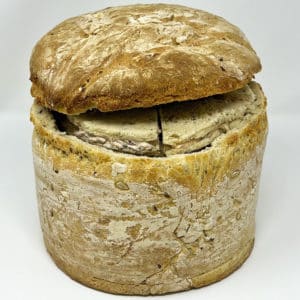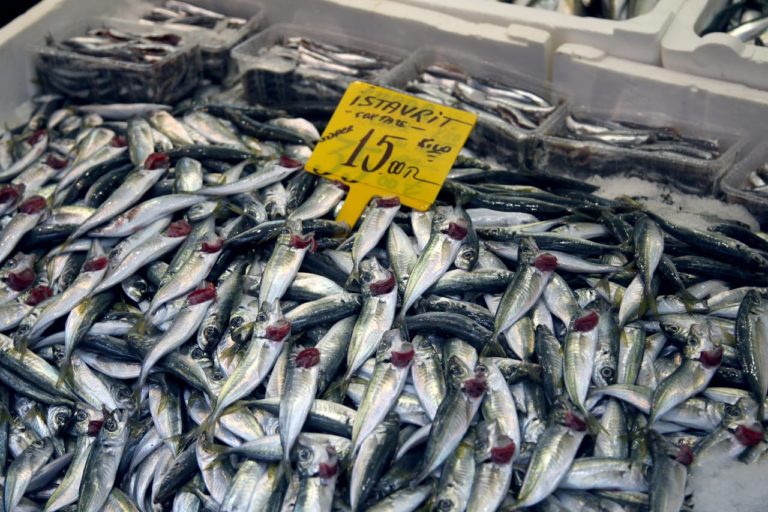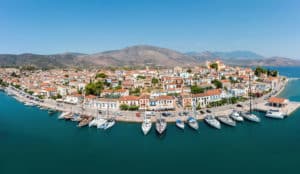
Homemade Greek surprise bread recipe
Discover our homemade Greek surprise bread recipe. Running out of ideas? Also discover our other recipes.

If you are a food lover, chances are you have already tried anchovies. These small, salty fish are a popular ingredient in many cuisines around the world, bringing a unique umami flavor to many dishes.
When you buy anchovies, you have the choice between fresh anchovies and canned anchovies. Fresh anchovies are rare and often hard to find, but if you do find them, make sure they have a fresh sea scent and a firm texture. Canned anchovies, on the other hand, are much more common and can be found in most grocery stores. Higher quality anchovies are preserved in olive oil and have a firm texture, while cheaper anchovies are often preserved in salt and have a softer texture.
Anchovies are rich in protein, B vitamins, iron and omega-3 fatty acids. Omega-3 fatty acids are essential fatty acids that help maintain good heart and brain health. Anchovies are also a good source of calcium, which is important for maintaining strong bones.
Anchovies are a versatile ingredient in cooking and can be used in many different ways. Canned anchovies can be crushed into a paste and added to a salad dressing for a salty, umami flavor. They can also be used to make sauces, such as the famous Italian puttanesca sauce, or added to pizzas and salads. Fresh anchovies can be grilled whole or added to seafood dishes for added flavor.
Anchovy recipe | Greek cuisine | Mediterranean cuisine | anchovies in Greece | ingredients for the anchovy recipe | how to prepare anchovies | olive oil | lemon | garlic | parsley | olives | capers | anchovy fillets | traditional Greek cuisine | seafood cuisine | healthy cooking | seasonal cuisine | summer kitchen | summer cooking | easy cooking | fast cooking | home cooking | Greek flavors | Greek specialties | fish recipes | Greek recipes | Mediterranean recipes | Crete.

Discover our homemade Greek surprise bread recipe. Running out of ideas? Also discover our other recipes.

Discover our recipe for a Greek cheese and charcuterie platter. Running out of ideas? Also discover our other recipes.

Do you know everything about Lesbos? We explain all of this to you in our Growypedia through Growy and Tasty!
All our products come from small producers and craftsmen to guarantee their authenticity.
All our payments are secure thanks to our service providers who comply with the latest standards.
Our customer service is available to offer you the best possible support.
We deliver in Greece and internationally. It is possible to pick up your order in Crete.